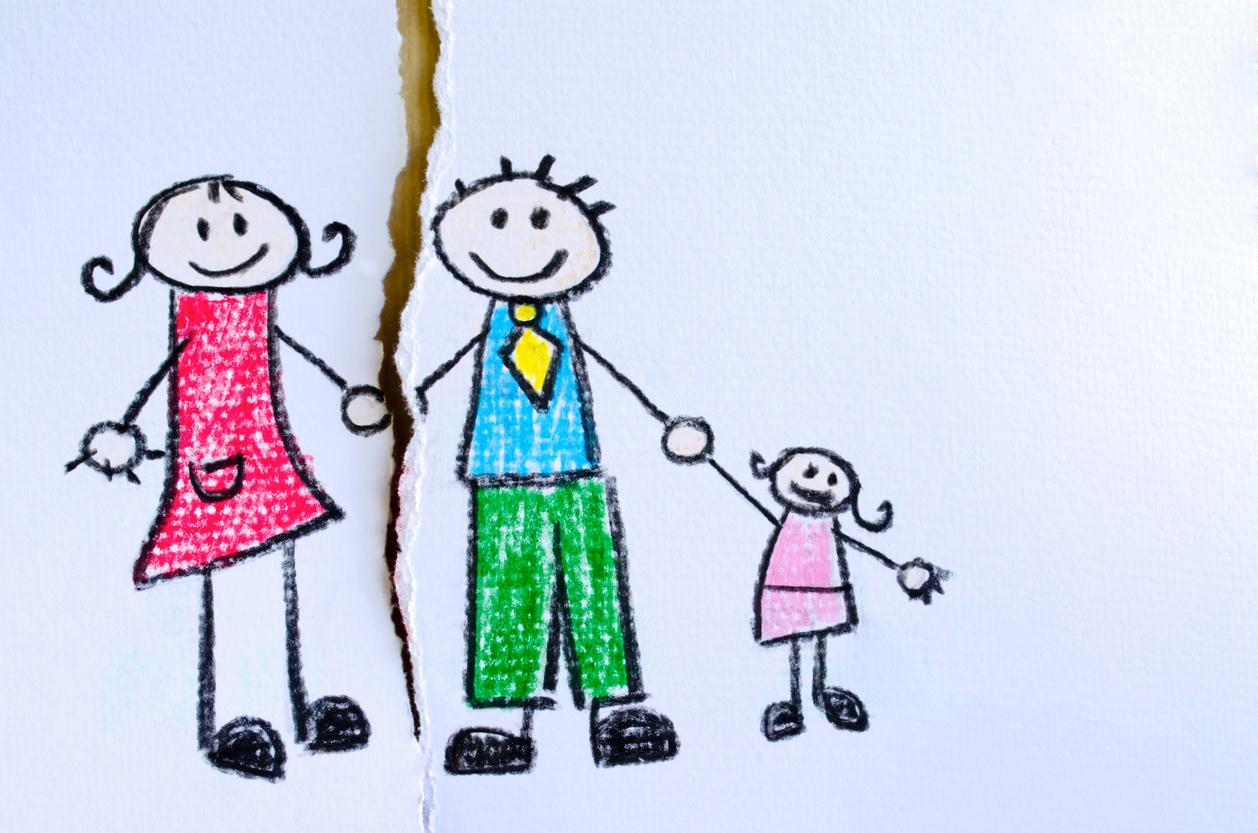Intellectual disability is considered a neurodevelopmental disorder.

- The pessimistic observation that children with intellectual disabilities receive fewer hours of schooling (or none at all) is well established by 77% of French people.
- 89% of French people regret the substantial lack of professionals trained in the education of students with intellectual disabilities.
- “The school does not yet adapt sufficiently to the unique support needs of students, particularly when they are disabled,” believes Luc Gateau, president of Unapei.
French people’s perceptions of inclusive education have been assessed by a new survey Opinion Way and of Unapei (National Union of Associations of Parents, Mentally Handicapped People and Their Friends).
“In 2024, there are still many children with intellectual disabilities who do not have access to schooling, who do not benefit from a schooling solution adapted to their needs and their level, or whose schooling is limited to 6 hours per week”first deplores Unapei. “A situation that seems unacceptable to most French people, but do they know the realities experienced by these young people?” she asks in a press release sent to editorial offices.
74% of French people believe that inclusive education is a benefit
First element of response: the pessimistic observation that children with intellectual disabilities receive fewer hours of schooling (or none at all) is well established by 77% of French people who attribute it directly to the lack of professionals. Moreover, 89% of them regret the substantial deficit of people trained for the education of students with intellectual disabilities.
Furthermore, 83% of French people are aware of the fact that students with intellectual disabilities rarely benefit from schooling solutions adapted to their problem… “A complexity reinforced by the fact that children educated in specialized establishments are not included in the National Education workforce. On this point, the knowledge of the French is mixed, because a little less than one in two were aware of it (48% did not know it)”, indicate the authors of the survey.
Finally, 74% of French people believe that inclusive education is also a benefit for children without disabilities.
Intellectual disability: “the school is not yet adapting sufficiently”
“Going to school, receiving an education and sharing extra-curricular or peri-curricular moments is a right as well as an opportunity for all children”, says Luc Gateau, president of Unapei. “However, today, schools are not yet sufficiently adapting to the unique support needs of students, particularly when they have disabilities. For some, being in the same room with 30 other students, following a course or concentrating for a long period of time is a real challenge…” he adds.
“This is why, in the current state of affairs, we advocate a school where the collective adjusts to individual needs rather than an inclusive school”he concluded.


















